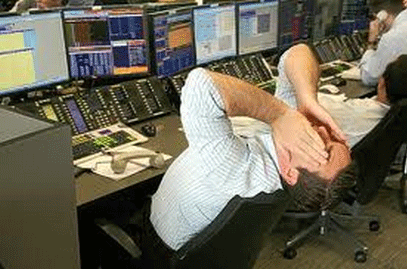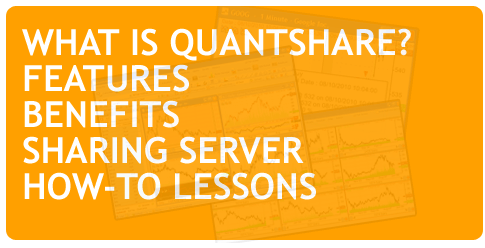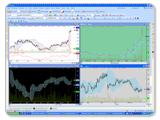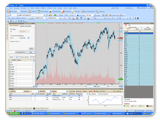 Traders can get so engrossed in trading that they begin to have a world of their own. This is well and good. However, the common pitfalls can emerge when in they hope to maximize profits at all cost at the expense of sound judgment. One of the common pitfalls is overtrading; and if left unchecked, there are several risks and dangers that we have to be aware of. In the hopes of increasing returns of a trading capital, a trader may open many positions all at once. Many factors and situations can push a trader to overtrade. One is the lack of a solid trading plan. When a trader doesn’t have a clear and definite strategy for entering and exiting a trade, he will see many opportunities and he’ll try to ride on it; and cash in on every seemingly “good opportunity” that presents itself. Without a solid strategy to guide him, it could result to a massive heartbreak for such trader. Another common reason is that traders can get sucked in all the hype and emotions of the moment. For example, there might be a positive outlook on a certain stock that caused traders to go on a buying spree. A trader who sees much of the buying action may want to get on the bandwagon and open long position; risking bulk of his trading capital on just one trade in the process. However, without much foresight, he could only get overexposed to risk with just that one trade and without any proper money management plan, his account could go down the drain should he happen to buy when the stocks were about to go down south. These are example scenarios, but they’re pretty common nonetheless. And traders should always be on their toes because overtrading can cause these terrible consequences: Capital Loss One of the most common dangers of overtrading is the loss of capital. Often traders, commit the mistake of opening many positions in the belief of hitting the jackpot on some of those trades. However, the sad reality is, most of these trades will result in the opposite – losses instead of gains. That’s why common sense would tell us that it’s always better to go for moderate yet consistent returns; rather than go for the jackpot in one go and expose yourself to greater trading risks. Over-Leveraged Account If capital loss is not bad enough, over-leveraging may prove to be greater risk when you overtrade. One of the advantages of being a day trader is you can trade on a margin – that is, you can trade up to twice or four times your money’s worth. It’s an advantage that can sometimes go against a trader as well. And it’s a lot worse than losing your capital; this time, should you incur losses on your margin trades, you have to pay back whatever you owed your broker. It’s a situation nobody would ever want to go through. Poor Money Management Another danger of overtrading is poor executions on money management plan. Let’s face it; there will be those days when the market would move against you. That’s when sound money management plan kicks in. However, when you have lots of open positions taking chunks out of your P&L, you can’t totally execute your money management plan on all those open positions that heads south. It’s always best to keep the number of your open trades at a level that you can still manage should everything goes haywire. Get Emotional To compound the dangers of overtrading, traders can go through severe frustration, anger and panic the moment he experienced losses and bad calls in his trades. And we all know what these emotions can do even to the best of traders. When a trader is not in his right mind frame, he’ll just expose himself to more risk since bad calls would pile up – one after the other. It is important to remember that traders do not overtrade just for the sake of it. Most of the time, this problem could arise and we’re not even aware of it until it’s too late. And we all go through that temptation and lure of instant success instead of working our way steadily and consistently to get the returns that we want. To fight this common pitfall of trading, a trader has to personally impose limits on his trading activity and has to have the discipline to see through that self-imposed rule. After all, trading is not a race on who gets to profit fast. Rather, it’s a game with a goal of making consistent returns over time. comments powered by Disqus |

|
|
|
|







